How Does AI See the World, Heinrich Holtgreve?
Artist interview
Heinrich Holtgreve is a photojournalist and documentary photographer based in Hamburg and Berlin, Germany. He is a member of the Ostkreuz agency and lecturer for photography at Ostkreuzschule Berlin. He runs the podcast Internet Explorers with journalist Moritz Metz, where they explore his favorite topic: the internet. Since this year, he also runs workshops on AI for photographers. We talked about serendipity, power structures, and why AI image generation is a godsend for trolls.
FS You've been exploring The internet as a place for ten years. Initially in 2013 at FH Bielefeld as your graduation thesis, you are now photographing the second part of the project (we are featuring a sneak-peak in this newsletter). What is the project about?
HH I had my first computer and therefore my first internet connection in 1997 or 1998: A Medion MT4 with Intel Pentium II processor 400 MHz and a Telekom ISDN flat rate. I have been online daily since my teenage years, and in my graduation project in 2013, I wanted to explore how to make the internet visible and examine it's physical and geopolitical aspects. So, I looked at the building blocks of the internet: the overland and deep-sea cables, the data centers. I visited places where the cloud and it’s data processing operations manifest themselves.
FS What role does AI play in your work so far?
HH In terms of subject matter, AI hasn't played a role so far. You can impose it on the internet project, but to be fair, that wasn't my intention. But in my everyday life as a photographer, when I edit images and use Adobe and Apple products, I - just like many others, without perhaps realizing it - use AI tools daily: for example, the automatic masking in Adobe Lightroom to select the sky or a face in an image.
FS Today we want to talk about photography and AI image generation as ways of image production and how they differ. You are a documentary photographer and the starting point for this conversation is that you recently said to me that with AI image generation we might be losing the mode of finding images. What do you mean by that?
HH What I like most about photography - and this applies to both commissioned work and my freelance work - is leaving my studio to meet people or visit places and taking pictures there. I like the English expression "to take a picture", which means that through the catalyst of one's own perception and with the camera as a tool, one takes something from a place. There's a beautiful word for that: serendipity. It means finding something without searching for it. Being able to stroll, having a plan to experience something or a reason why you go to that place too. But then, within this framework that you have created, to take the freedom to let the images come to you.
I think this is something that the AI tools in their current form do not favor. Because the user interface of Dall-E, Midjourney or of Stable Diffusion is a text mask. After all, we are talking about the "prompt-to-image" genre of AI tools. With these tools, you must be upfront: You must know exactly what you want and then put it into words. You must have a wish to generate a certain image. I could do that if I wanted to, but it's not my favorite mode. But of course, there are an incredible number of applications where precisely that makes sense, because messages that you want to send are clearly determined beforehand and you simply need a visual translation. For example, symbolic images in journalistic articles or stock photography.
FS Don't you also look for certain images when photographing a reportage?
HH Yes, of course, reportage photography with the camera is not innocent or free of message, preconceived attitudes, and opinions. But I don't think that's necessarily a weakness because it's all about the personal view. And the personal view is shaped by everything one has experienced: by origin, class, identity. And fortunately, there is not just one photographer in the world, but hundreds of thousands.
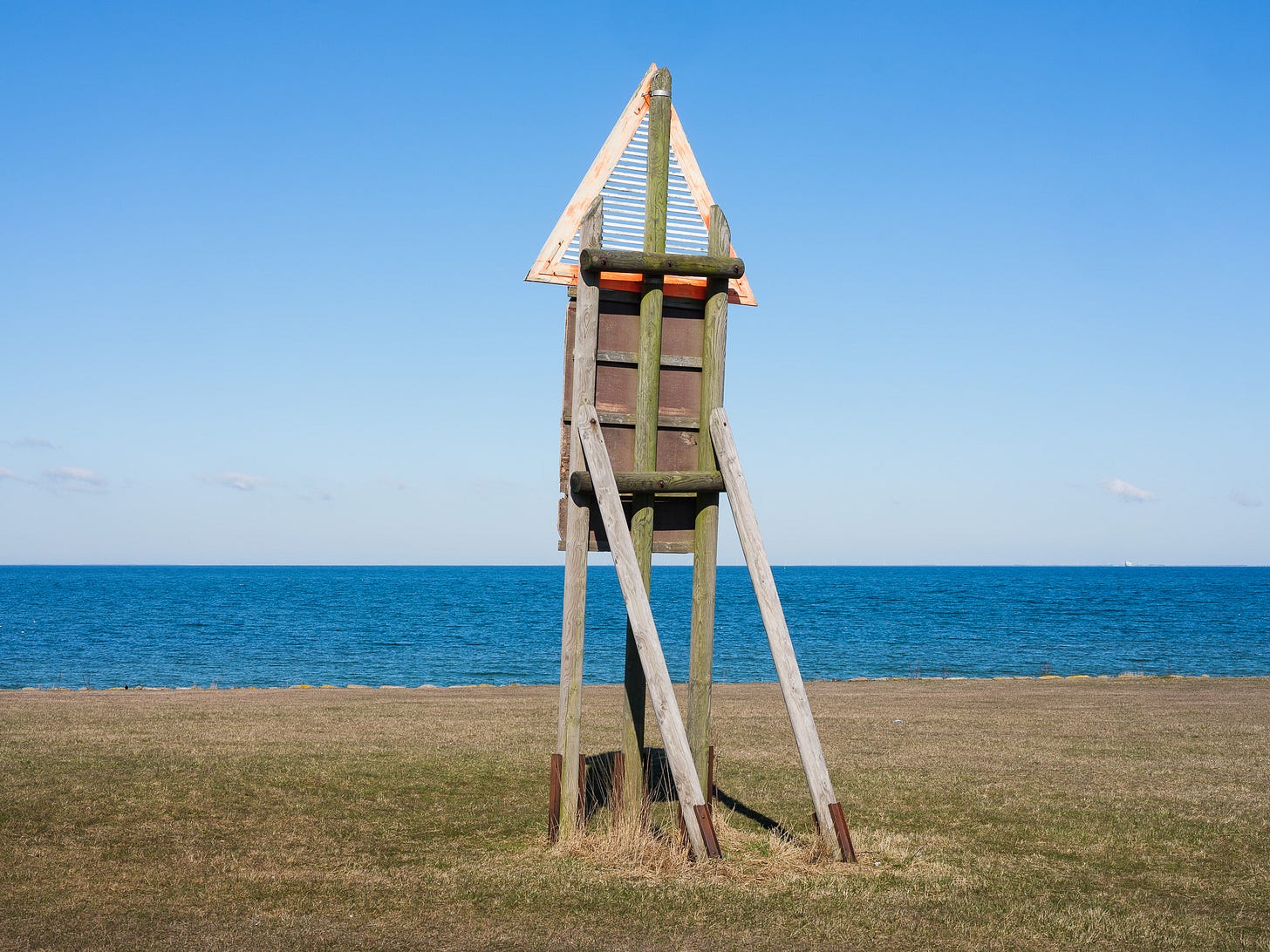
FS In an article on AI photography in Andy Adams' Flak photo newsletter, I found this quote from photographer Harry Skeggs that I thought was very beautiful. He says: "Photography, at its core, is beautiful because it shows your interpretation of the real world, of the way you see. This is the opposite of AI images, which capture what you think."
HH Hallelujah. I couldn't agree more.
FS What I find interesting about this distinction is it shows the different strengths and functions: what can I communicate when I generate an image and what, when I take a photograph? But I think an important difference is also, as Dina Litovsky recently pointed out, that the material when generating images is not the whole world, but the images that the AI has been trained with. That means, you can communicate only within the universe of already existing images.
HH Even just of all the images that have ever been on the internet.
FS Exactly! And what does that mean for making pictures? Allow me one more quote, from Charlie Engman, a fashion photographer, who recently dove deep into the AI rabbit hole. He said in an interview with German SZ Magazine earlier this year: "There are all kinds of conventions and expectations that we have about keywords and images. And the algorithm knows we have these conventions because it starts from the average. For me, the dialogue that I have with the machine is essentially a dialogue with (…) the conventions of society".
HH From here, there are a couple of tracks we can take: Where did the footage come from that the generative AI’s were trained with, what are the power relations, and the compensations? Spoiler alert: nobody was paid for anything. Or we could look at the socio-cultural, normative dimension and the fact that the AI datasets reflect the essence of who we are (meaning the people who are on the internet). So, richer people, from richer countries with access to internet, infrastructure, and hardware.
FS What is the result then when I'm generating my world from this pool of internet images?
HH If Charlie Engman uses AI to generate images and sees the AI's data sets as material, then I can also see something documentary in that.
There is a school of thought that suggests that from the moment you are born, you are an impression machine, and growing up, you absorb everything. At a certain point, you have a favorite band, or a favorite photographer and you start imitating. And AI's have taken that system of inspiration to the extreme by absorbing absolutely everything and then learning the references and the average of everything. That's also why they're so extremely versatile. So, whereas I have one favorite photographer, the AI has access to all the photographers. Humans are just more selective than the current AI models. However, there is also the school of thought that says AI can never be creative because it's creating is always based on the existing. And it lacks the divine spark, the human creativity. But I don't think it's that clear-cut, because it's hard enough to describe or define intelligence or creativity in humans. I would not judge so rigorously.
FS Do you think AI's will eventually start making images without human input?
HH I think it's possible, but I find it rather unlikely. It's totally inconvenient for the AI to create images, because it doesn't need images at all, it already has the data set. An image is a distillate for the human eye, but from a machine point of view, the visual is a totally inefficient detour.
FS We have seen many examples recently of how AI-generated images can challenge the credibility of documentary photography. To what extent can AI harm documentary photography?
HH I think it's old news for people in the industry that images cannot be trusted. Because as people who make photographs, we know exactly how narratives and meanings can be steered by deliberate omission, by all the parameters that go into making an image. I think we know that truth is the goal, but also that it can never be achieved. Simply because everyone involved is subjective: the photographer, the picture editor, and the audience; they all have their own biases and a certain set of prior knowledge.
FS Do you find that comparable? Even if a documentary photographer has intervened in a situation, is that a comparable manipulation to simply inventing a photo?
HH If a documentary photographer asks a person to step out of the frame, that's normal day-to-day. Or when a tree branch protrudes into the image in the foreground: whether I hold it out of the frame with my arm or remove it later in Photoshop, I don't think it's decisive for the truthfulness of the image. But if you change the perspective, from documentary photographer to troll, then the AI in the hands of the troll is of course a godsend. The troll uses the generative AI as a tool to bring his message straight to the point. For him, truth doesn't matter anyway, and with AI you have the whole keyboard: you can fake a photo, illustrations, or memes.
But also, because they are so easy to use and have been so democratized in recent months, AI tools have a huge potential to undermine the credibility of photojournalism. And that's mainly because 99.9% of the population is not part of the photo industry and is less media literate. And in that sense, AI is another gateway for media criticism and doubt, because the public can now use these tools themselves and experience firsthand how much responsibility and how much steering power you have when you create images. And I think that because this understanding is now seeping into the masses, there will also be greater criticism of places that promise truth. Journalism, for example.
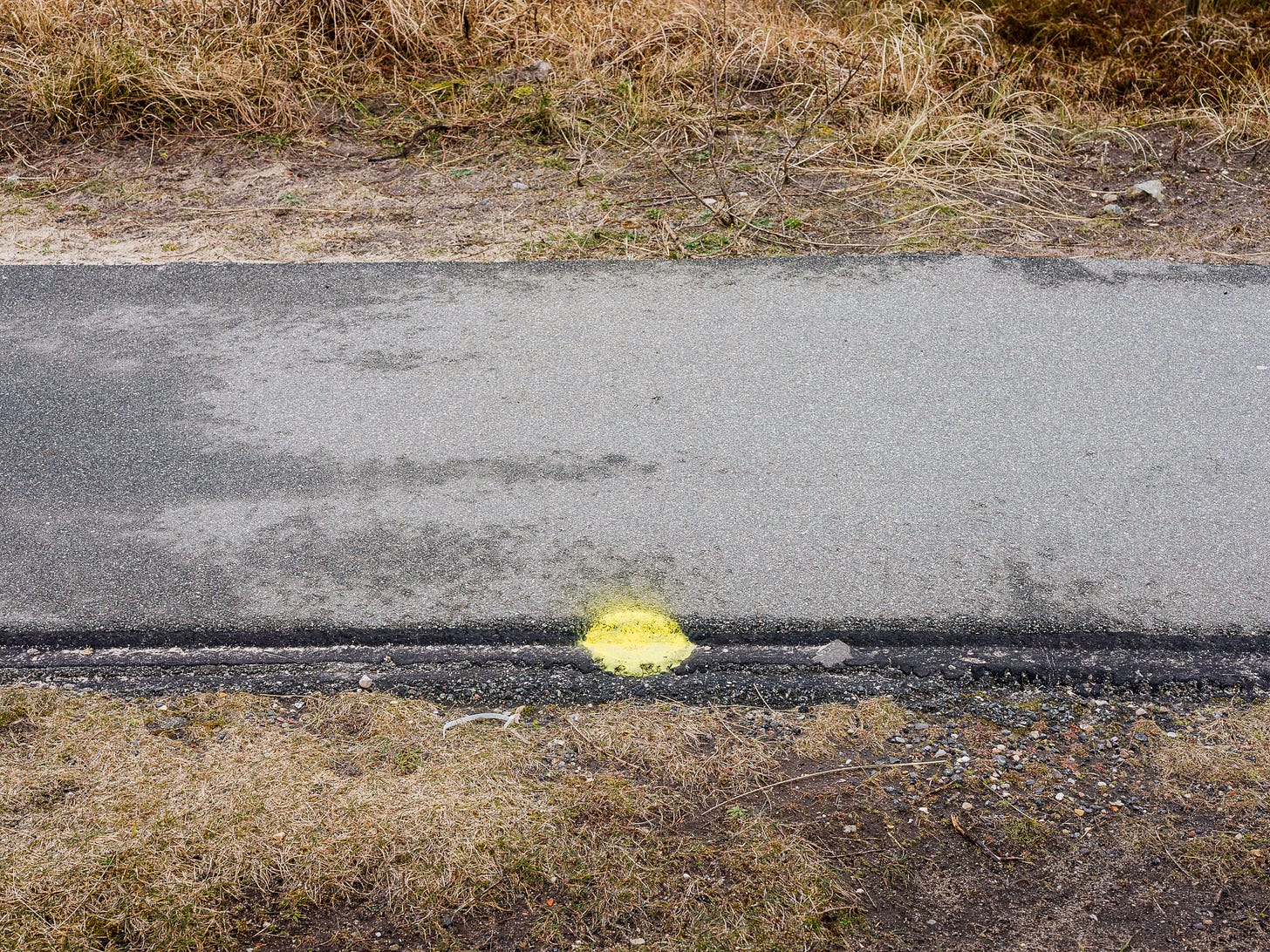
FS Do you think AI can also be of benefit to documentary photography?
HH I believe AI can benefit documentary photography economically. The oversupply of AI-generated content will increase so much in the coming months and years that there will be a return to the Real, a new hunger for photography as a document of something that has happened. This could lead to a reverse trend: in the frequency and fees of photojournalistic assignments and their publication in books and exhibitions. I don't think in quantity, but that documentary photography and journalistic photography will become a boutique thing. A premium content if you want to differentiate yourself as a newspaper or magazine from the cheap AI visuals. And on a creative level, I could imagine that in 10 or 20 years, there will be a revival in photography, photographing like in 2022, when suddenly these AI tools arrived: with twelve fingers, slanted colors and disfigured faces, a tribute to the imperfection of the early AI tools.
*
Dive deeper:
View more of Heinrich Holtgreve’s work here and here
His next AI workshop will be held at the Photo Triennale in Worpswede on June 10, 2023
I very much recommend reading the very insightful piece The Problem of AI Photography is Not the Medium, It's the Message by Dina Litovsky
Also Flak Photos’s collected photographers feedback on It’s not photography
And the SZ magazine issue with Charlie Engman’s interview can be ordered here (in German) or take a look at his work here


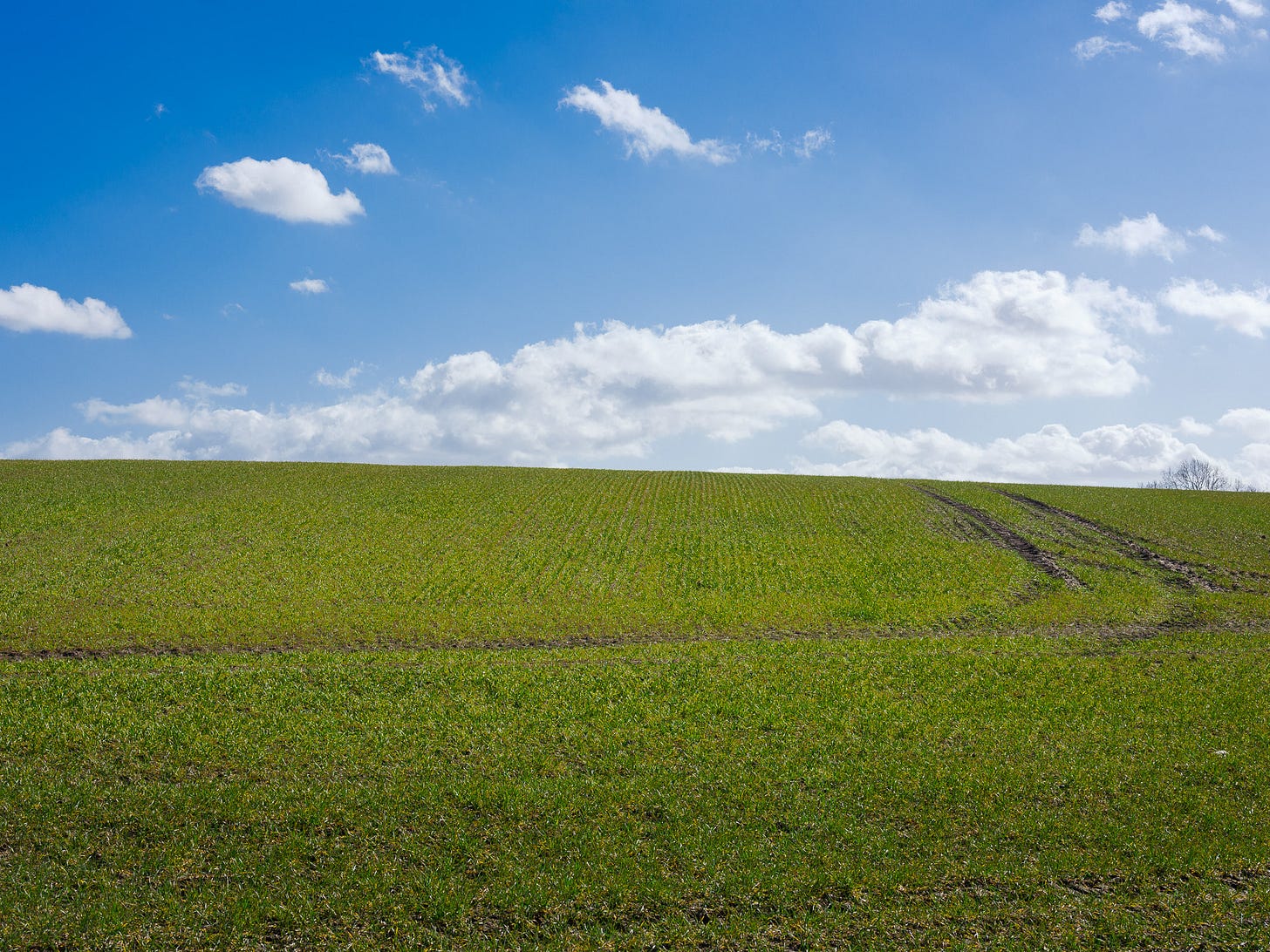
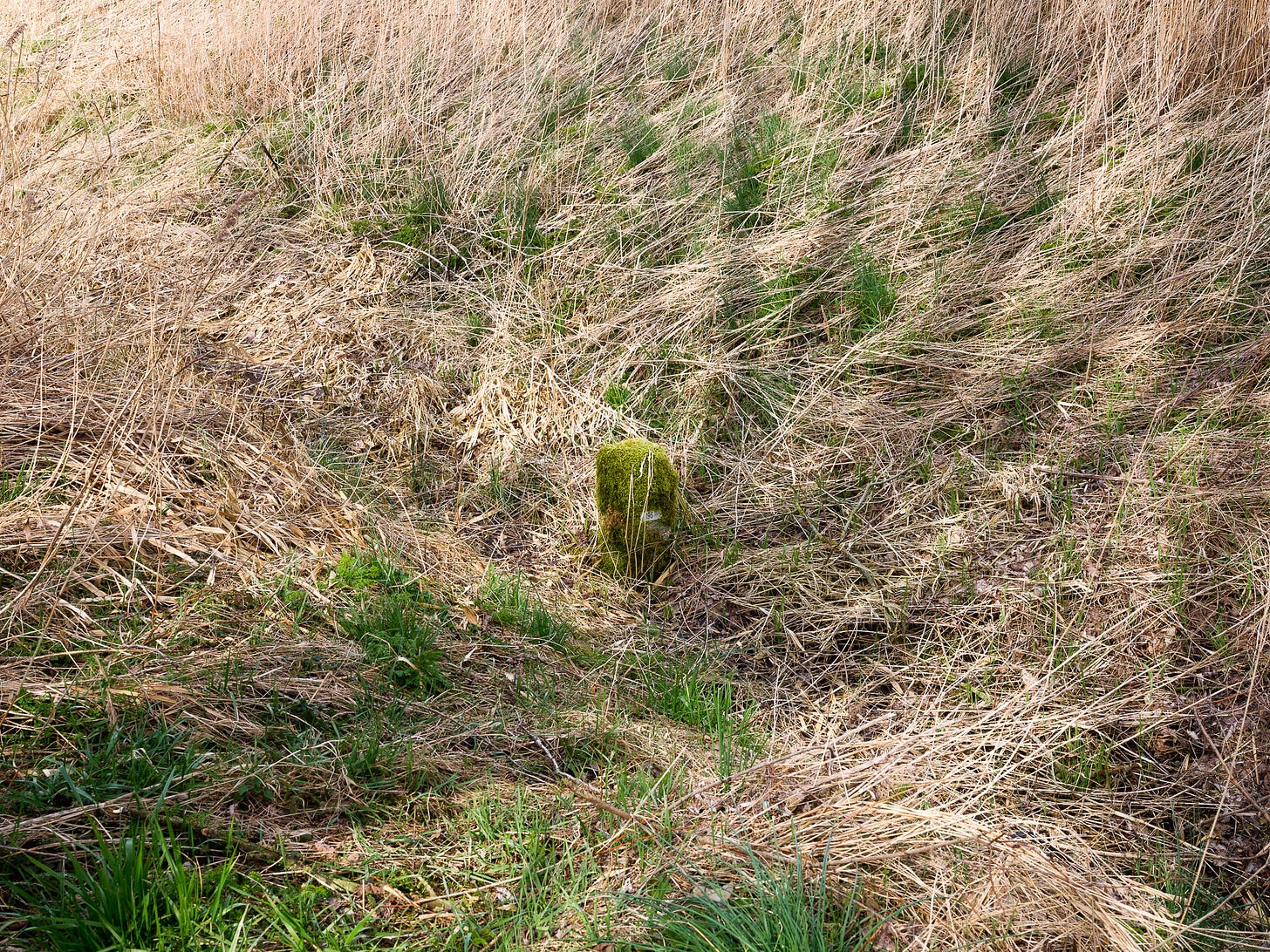
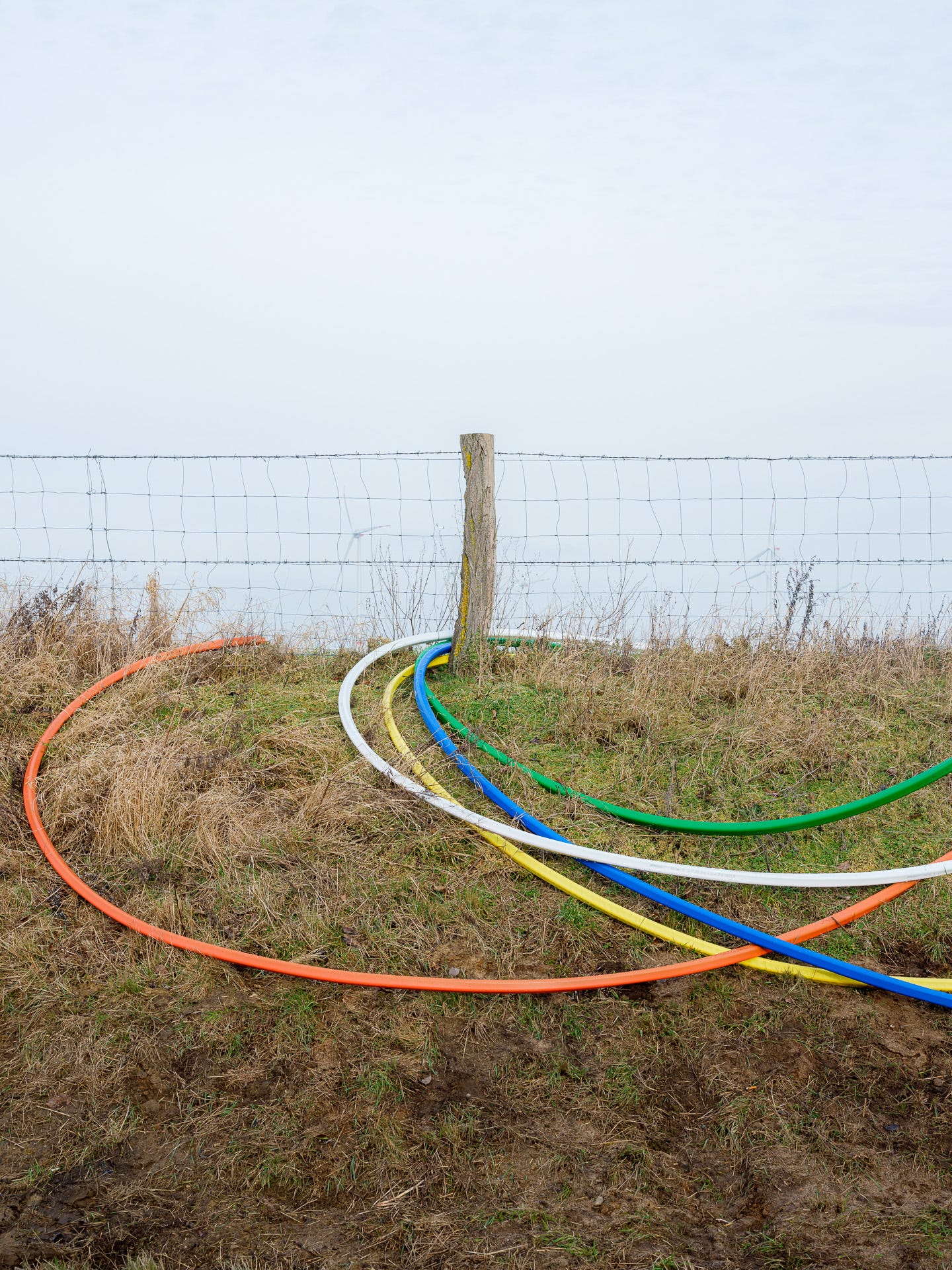
Lovely, relevant and thought provoking interview! Thanks Frauke!